Wacky brainwaves and grassroots innovation in Kenya: Podcast explores CBS students’ master’s theses

Lena Tünkers and Doa M. H. Al-Tewaj did their thesis on grassroot innovation in Kenya, and were wondering what their classmates were working on. So they made a podcast about master theses. (Photo: Doa M. H. Al-Tewaj)
Every year, hundreds of students hand in master theses at CBS, but what are they about? CBS graduates Lena Tünkers and Doa M. H. Al-Tewaj asked themselves this question and created their ‘The Thesis Talks’ podcast. They interviewed 15 graduates about their projects, and another 10 episodes are coming up.
Writing a thesis can be a lonesome process. You hardly ever talk to your fellow classmates, and if you occasionally meet for a beer to confirm that everyone is still sane, talking about theses is off-limits.
But what are your fellow classmates actually writing their theses about? Maybe the idea is new and innovative and the results outstanding, but you wouldn’t know, because as soon as the thesis is handed in and the exam passed, most people are off to enjoy their post-university lives.
Lena Tünkers and Doa M. H. Al-Tewaj, both graduates from the MSc in Organizational Innovation and Entrepreneurship (OIE) program, were curious to know what their classmates wrote their theses about. So after graduation, they started up the podcast ‘The Thesis Talks’ in which they interview OIE graduates.
“When we were in Nairobi, Kenya, during our thesis project, we started wondering what the others were up to, and we were a little annoyed about not knowing. And we didn’t know how to figure it out either,” says Doa M.H. Al-Tewaj, who works as an analyst at the consultancy Voluntas.
“Yes maybe we could learn something and get inspired by what the others were up to,” adds Lena Tünkers, who also works at Voluntas.
So, after handing in their own thesis on grassroots innovation in the agricultural sector in Kenya, they called their former classmates and invited them over for an interview about their theses, motivation, results and the process for their podcast.

At the moment, the podcast has 17 episodes, and another 10 to 11 episodes are coming up, as the concept is being passed on to current OIE students, who will interview their classmates.
“Not only do the interviewees share their knowledge from their theses, the podcast can also work as a sort of inspiration catalogue for students who are about to write their theses. If you know the overall topic of your thesis, you can scroll through the episodes and see if any match your topic,” says Doa M. H. Al-Tewaj.
Lena Tünkers argues that every program at CBS ought to have a podcast like this, as it would also increase the knowledge of what is going on at other programs.
“We spent about six months producing these theses, so it’s a lot of knowledge that just goes to waste if it’s not shared. Also, we have so many different programs at CBS involving many interesting topics that we don’t necessarily know about. But it could still be interesting to know what students in, for example, finance work with during their theses,” she says.
Brainwaves and fieldwork abroad
During the podcast series, Lena Tünkers and Doa M. H. Al-Tewaj gained insights into various thesis projects from their own program, and some of the projects were quite surprising.
“One of our classmates did a thesis on antibiotic resistance and open innovation. I had no clue that it was such a huge problem, and it was very fascinating to hear about,” says Doa M.H. Al-Tewaj.
“Another classmate’s project explored measuring brainwaves and brain activity, and how you could train yourself to enhance brain activity in certain areas. He tested that on himself. That was super crazy and interesting,” says Lena Tünkers.
The two graduates have received strong support for the podcast, and with help from Teaching and Learning and CBS Library Forum, they hosted a live session on how to combine fieldwork abroad with your bachelor’s or master’s thesis.
“That was such a nice experience, and people asked Mark Lorenzen, Associate Professor at CBS, so many questions because he has conducted a lot of fieldwork abroad himself,” says Lena Tünkers.
The two graduates have also seen how the podcast participants have shared their episodes on social media and are spreading the word and knowledge.
“It’s really great to see that the knowledge is being more widely shared because otherwise it’s just lost,” says Doa M.H. Al-Tewaj.
If you are curious to listen to their ‘The Thesis Talks’ podcast, you can find them on Spotify and Apple Music.



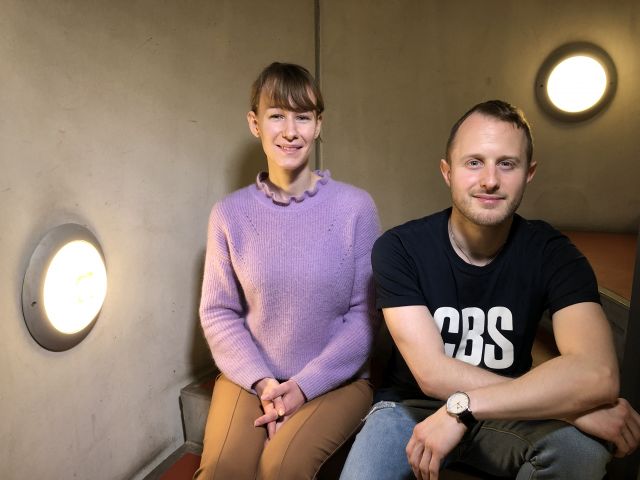
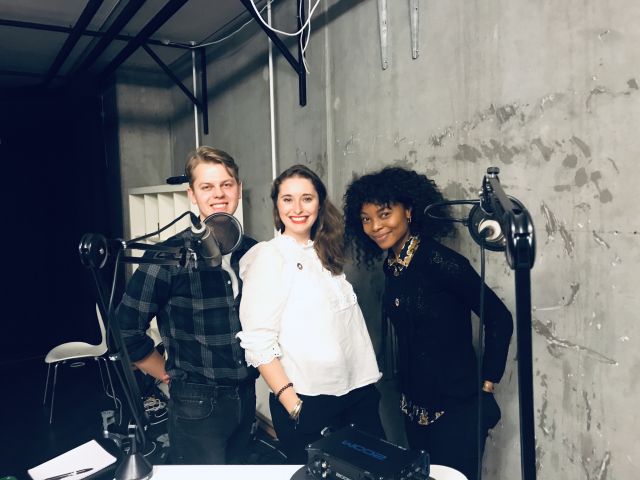

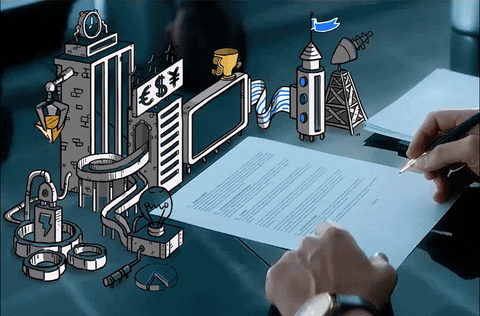
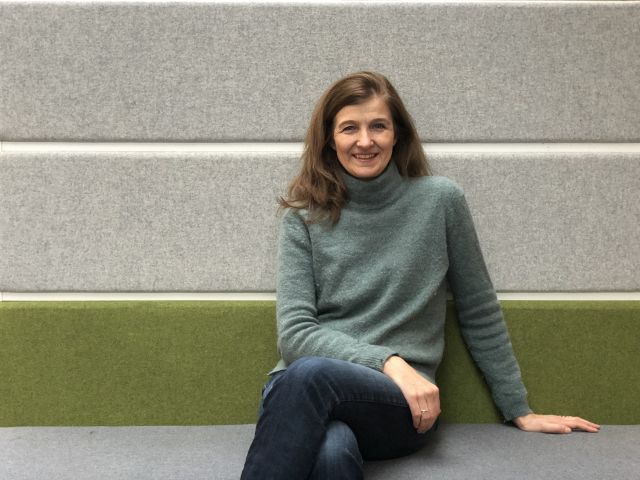
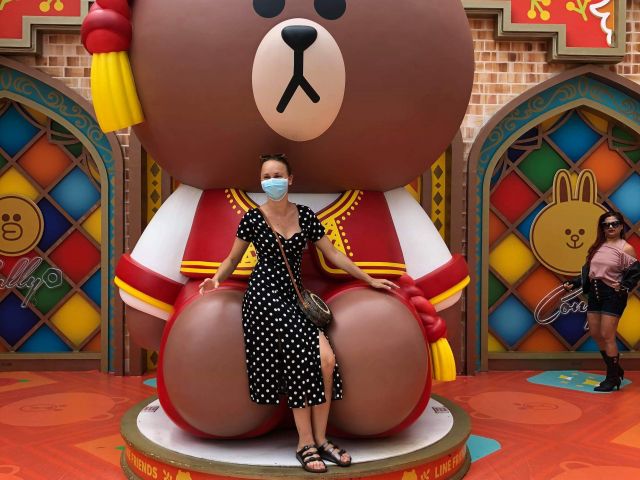
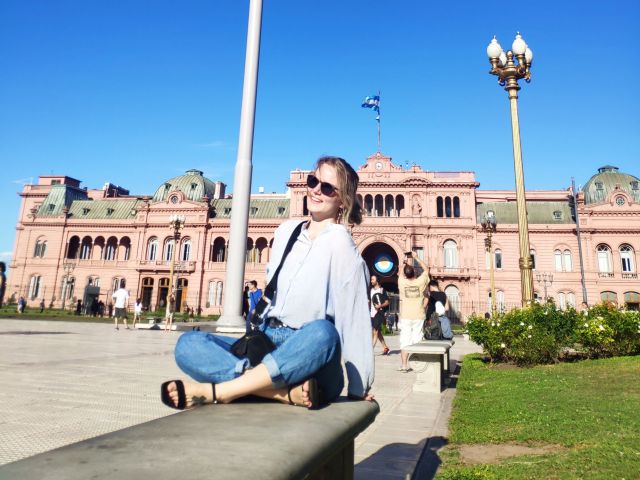



























































































































Comments